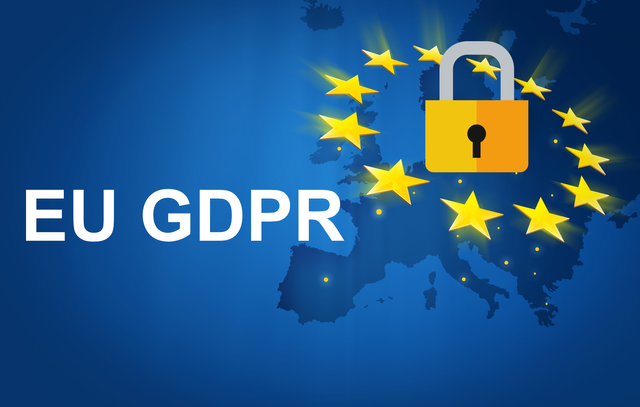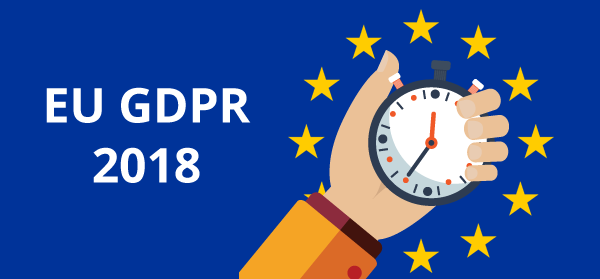What Changes the GRDP in Your Online Habits?
The GDPR (General Data Protection Regulation) came into effect on May 25, 2018. This new regulation aims at defending the European users against the online practices that violate their personal data. But concretely, what changes will we see in our daily use of the computer hardware? We take stock.

Source
Personal use
Cookies are used by very numerous sites to understand the behavior of the users, as well as to adapt advertisements to every Internet user. The latter did not always give his agreement for the installation of a cookie, thus this practice causes a problem bound to the use of personal data.
Rules already existed about cookies but were not always respected, thus the GDPR brings interesting modifications although few: the GDPR obliges web sites to clearly indicate to their visitors the use of cookies if this is the case, by leaving them the possibility to refuse them. The obligation of transparency goes further, the Internet user must be informed about the purpose of the cookies use.

Source
Besides cookies, any form of personal data processing is concerned by the new regulations, as the accounts user for example. That is why since May 25th, 2018, you were certainly welcomed on certain sites by a new window offering you detailed preferences concerning the cookies installation and the use of your data.
Although most browsers already allowed to manage cookies and personal data well before the arrival of the GDPR, this new regulation allows the Internet users to navigate with more serenity.
Tech companies also assure that information such as the passwords, fingerprints or face scans, (all the technologies needed to unlock devices or functions such as online payments) are directly stored on devices, and not on servers of the concerned brands. Apple for example has taken the lead on the question of the data collection from the use of its products, and has dedicated a page to this question asserting "not selling [these information] to advisers or to other organizations." Even if it’s a good joke for me…
Professional use
In the professional stetting also, the GDPR brings changes as underlines this article of The Economist. The employers have to make sure of their employees’ data and can use the latter only if they are absolutely necessary for the realization of an objective. Furthermore, every employee must be kept informed of the collected data about him and their purpose.
It becomes also mandatory for the companies to proceed to formations concerning the data protection for the whole team, the direction as the employees. All the companies must then be able to use their computer hardware so as to respect these new European measures.
Missing these new rules can be punished by heavy fines, and companies have to document any activity concerning the personal data of their employees. Many companies must designate a data protection delegate to make so that all these rules are respected.
The GDPR thus comes to help solving one of the recurring problems of the digital landscape: the protection of users’ private data. Although other problems such as security breaches remain relevant, the new European regulations represent a little step furthermore towards a safer use of computing devices.

I've made a lot of articles with tools, explanations and advises to show you how to protect your privacy and to secure your computer, GO check them out!
This is my guide to secure your PC after a fresh installation of Windows
If you think that your phone or your PC has been hacked, you have to check it right now!
That's how you can be more Anonymous on the internet!
How an adware works?
That's how you should guard against Trojan!
Why your PC is slow?

You got a 33.33% upvote from @nado.bot courtesy of @vijbzabyss!
Send at least 0.1 SBD to participate in bid and get upvote of 0%-100% with full voting power.
Congratulations,
you just received a 21.02% upvote from @steemhq - Community Bot!
Wanna join and receive free upvotes yourself?

Vote for
steemhq.witnesson Steemit or directly on SteemConnect and join the Community Witness.This service was brought to you by SteemHQ.com